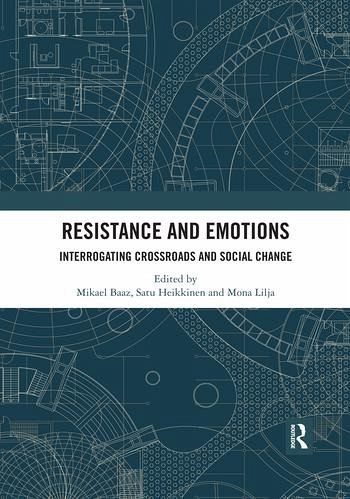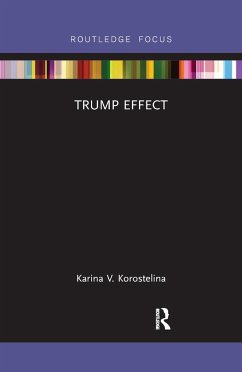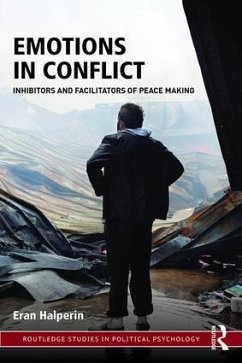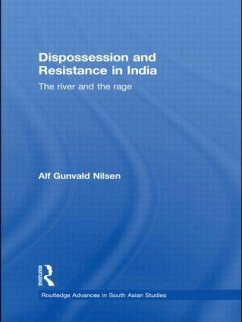
Resistance and Emotions
Interrogating Crossroads and Social Change
Herausgeber: Baaz, Mikael; Lilja, Mona; Heikkinen, Satu
Versandkostenfrei!
Versandfertig in 1-2 Wochen
55,99 €
inkl. MwSt.
Weitere Ausgaben:

PAYBACK Punkte
28 °P sammeln!
This book discusses different ways in which the cross-roads between emotions and resistance can be theorised. While the sociological field focuses primarily on emotions that are entangled in the relationship between the individual and collective, the cultural studies field has recently started to emphasise affects as a 'rescue' from the deterministic aspect of the poststructuralist approach (in which language decides everything) (Hemmings 2005, 2014). Scholars promoting the 'affective turn' argue that affects and interpretations are inseparable. By taking affects as the point of departure, it ...
This book discusses different ways in which the cross-roads between emotions and resistance can be theorised. While the sociological field focuses primarily on emotions that are entangled in the relationship between the individual and collective, the cultural studies field has recently started to emphasise affects as a 'rescue' from the deterministic aspect of the poststructuralist approach (in which language decides everything) (Hemmings 2005, 2014). Scholars promoting the 'affective turn' argue that affects and interpretations are inseparable. By taking affects as the point of departure, it is argued that it is possible to show how bodies move in their own ways, but still in relation to others. Departing from this, it becomes interesting to explore how emotions are involved in different power relations and how they feed resistance. If we accept that emotions and interpretations are entangled and inseparable then we must investigate emotions as powerful forces of resistance.The chapters were originally published in a special issue of the Journal of Political Power.














